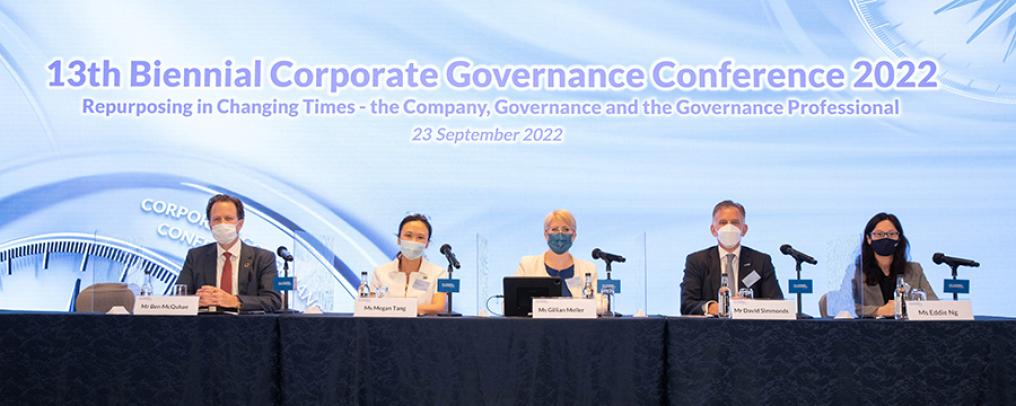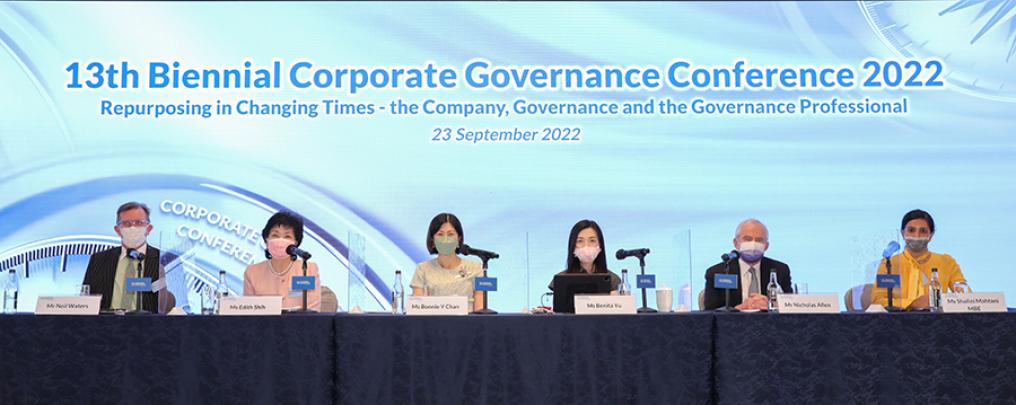Agnes Cheung, Director and Head of Tax, and Abigail Li, Director, BDO Tax Ltd, summarise recent proposals to refine Hong Kong’s foreign source income exemption (FSIE) regime for passive income and discuss what companies should now be considering in preparation.
The HKSAR Government has recently published a proposal to amend the Inland Revenue Ordinance (IRO) to refine Hong Kong’s FSIE regime for passive income, in order to address concerns expressed by the European Union (EU) over the potential risk of double non-taxation. The consultation paper gives an overview of the key features of the refined FSIE regime. In this article, we highlight what companies need to know at this stage.
Starting point
Under the refined FSIE regime, in-scope offshore passive income received in Hong Kong by a covered taxpayer will be deemed to be sourced from Hong Kong and chargeable to profits tax, unless the prescribed requirements are met. The term ‘offshore’ should mean offshore based on our Hong Kong profits tax rules.
Who is covered?
A constituent entity of a multinational enterprise (MNE) group is regarded as a covered taxpayer. The consultation paper refers to the definition of ‘MNE group’ and related terms in the context of the Global Anti-Base Erosion Rules promulgated by the Organisation for Economic Co-operation and Development, but the language used in the consultation paper does not clearly reflect whether there is any group revenue size threshold for an MNE group to come into scope. When they are released, the final FSIE rules will need to be reviewed carefully to confirm the definition of a covered taxpayer.
What income is covered?
Offshore passive income – that is interest, intellectual property (IP) income, dividends and disposal gains in relation to shares or equity interest (disposal gains) – is in-scope income.
No change will be made to the FSIE regime with regard to active income, such as manufacturing, trading and service income.
When is the point of taxation?
The consultation paper proposes that if an in-scope income is received in Hong Kong and if the recipient covered taxpayer fails to meet the prescribed requirements (discussed below), the income will be deemed taxable. This seems to suggest that taxation happens upon receipt. However, in general, income is chargeable to tax based on accounting accrual under the prevailing practice. Hence, this is another area that will require extra attention when the FSIE rules are released.
Prescribed requirements for income not to be deemed taxable
Economic substance
Adequate relevant activities, ie substantial economic activities with regard to the relevant passive income, are required to be conducted in Hong Kong. Two tests are proposed, to apply depending on whether a taxpayer is a pure equity holding company or not.
- For a pure holding company, the relevant activities only include holding and managing its equity participation, and complying with corporate law filing requirements in Hong Kong.
- For a non-pure holding company, the relevant activities include making necessary strategic decisions, and managing and assuming principal risks in respect of any assets it acquires, holds or disposes of.
Outsourcing of relevant activities is possible where adequate monitoring is demonstrated.
Adequacy is measured by the number of employees and qualifying expenditure in Hong Kong. There is no indication of any benchmark in the consultation paper, but there will be administrative guidance issued by the IRD in this regard.
Participation exemption
The exemption will apply if:
- the investor company is a Hong Kong resident or a non-Hong Kong resident that has a permanent establishment in Hong Kong
- the investor company holds at least 5% of the shares or equity interest in the investee company, and
- no more than 50% of the income derived by the investee company is passive income.
There will be specific anti-abuse rules under the participation exemption, namely the switch-over rule, main purpose rule and anti-hybrid mismatch rule.
Nexus approach
The nexus approach applies to determine the extent of IP income to be tax exempt.
Only income from patents, or functionally equivalent IP assets, may qualify for preferential tax treatment. Marketing-related IP assets, eg trademarks and copyrights, are excluded from preferential tax treatment (ie IP income generated from marketing-related IP assets should be deemed taxable).
General anti-abuse rules
Arrangements with an intent to avoid the FSIE deeming provisions will be subject to the general anti-avoidance rules under sections 61 and/or 61A of the IRO.
Unilateral tax credit
If foreign income tax is paid on in-scope offshore passive income that is chargeable to profits tax under the FSIE regime, a tax credit will be offered by Hong Kong even in a case where there is no applicable double taxation agreement.
Compliance requirements
Administrative guidance will be issued to set out the factors that should be considered in analysing the compliance with economic substance requirements (eg the average number of employees, their qualifications with regard to the nature of the relevant activities, the quantitative and qualitative aspects of the management, and the administration of the taxpayer), and also to explain the application of the nexus approach, as well as the rules governing the participation exemption and unilateral tax credit.
Why is the government doing this?
The government has made it clear that the FSIE refinements are based on a consensus with the EU’s Code of Conduct Group (Business Taxation). This means it is likely there will be very limited room for modification in the substantive provisions to come. The consultation paper indeed only invites input on implementation aspects such as tax credit claims, administrative guidance and compliance requirements.
Three of the government’s self-stated points are particularly noteworthy.
- The territorial source principle of taxation will still apply in general and the primary goal of the FSIE refinements is to tackle cross-border tax evasion.
- Only MNE groups are affected. Offshore income of standalone local companies with no offshore operation and companies belonging to purely local groups will not be affected.
- It is not the government’s policy objective to generate fiscal revenue through the refined FSIE regime.
Effective date
The government plans to introduce an amendment bill in October 2022 and have it passed by the end of 2022, bringing the FSIE rules into force from 1 January 2023.
Comments
The refined FSIE rules continue Hong Kong’s implementation of changes in response to the evolving international tax landscape. A number of new requirements, such as economic substance, participation exemption and the nexus approach, are being introduced into Hong Kong’s taxation system, possibly no longer just impacting large global MNEs with a total revenue exceeding €750 million. Hong Kong small and medium-sized enterprises (SMEs), ie Hong Kong operating companies with parent or subsidiary entities located in another jurisdiction (including offshore jurisdictions like the British Virgin Islands), may now also come into scope.
This could result in a fairly significant impact, such as:
- potential taxation of interest where a covered taxpayer does not have adequate economic substance without regard to source
- potential taxation of disposal gains in relation to shares or equity interest without regard to whether they are on a capital or revenue account
- potential taxation of passive income from marketing-related IP assets, eg trademarks and copyrights, without regard to source for a covered taxpayer
- potential conflicts in the consideration of economic substance requirements and source of profits, and
- additional reporting obligations and compliance burdens for covered taxpayers.
Taxpayers will need to assess any potential effect of the FSIE rules for their groups, starting with reconsidering substance in their existing structures.
Agnes Cheung, Director and Head of Tax, and Abigail Li, Director,
BDO Tax Ltd
© August 2022 BDO Tax Ltd
SIDEBAR: How do the FSIE rules work?
According to the key features of the FSIE regime highlighted in the consultation paper, if an in-scope income is received in Hong Kong, and if the recipient is a covered taxpayer, profits tax exemption or preferential treatment only applies if the requirements of economic substance, participation exemption and nexus approach are met.
Different tests apply to different types of income, as follows: 
Interest
Interest income received in Hong Kong by a covered taxpayer that fails to meet the economic substance requirement will be deemed taxable.
Dividends
Dividend income received in Hong Kong by a covered taxpayer that fails to meet the economic substance requirement, and where the conditions for participation exemption are not met, will be deemed taxable.
Disposal gains
Disposal gains received in Hong Kong by a covered taxpayer that fails to meet the economic substance requirement, and where the conditions for participation exemption are not met, will be deemed taxable.
IP income
IP income received in Hong Kong by a covered taxpayer that fails to comply with the nexus approach will be deemed taxable.



